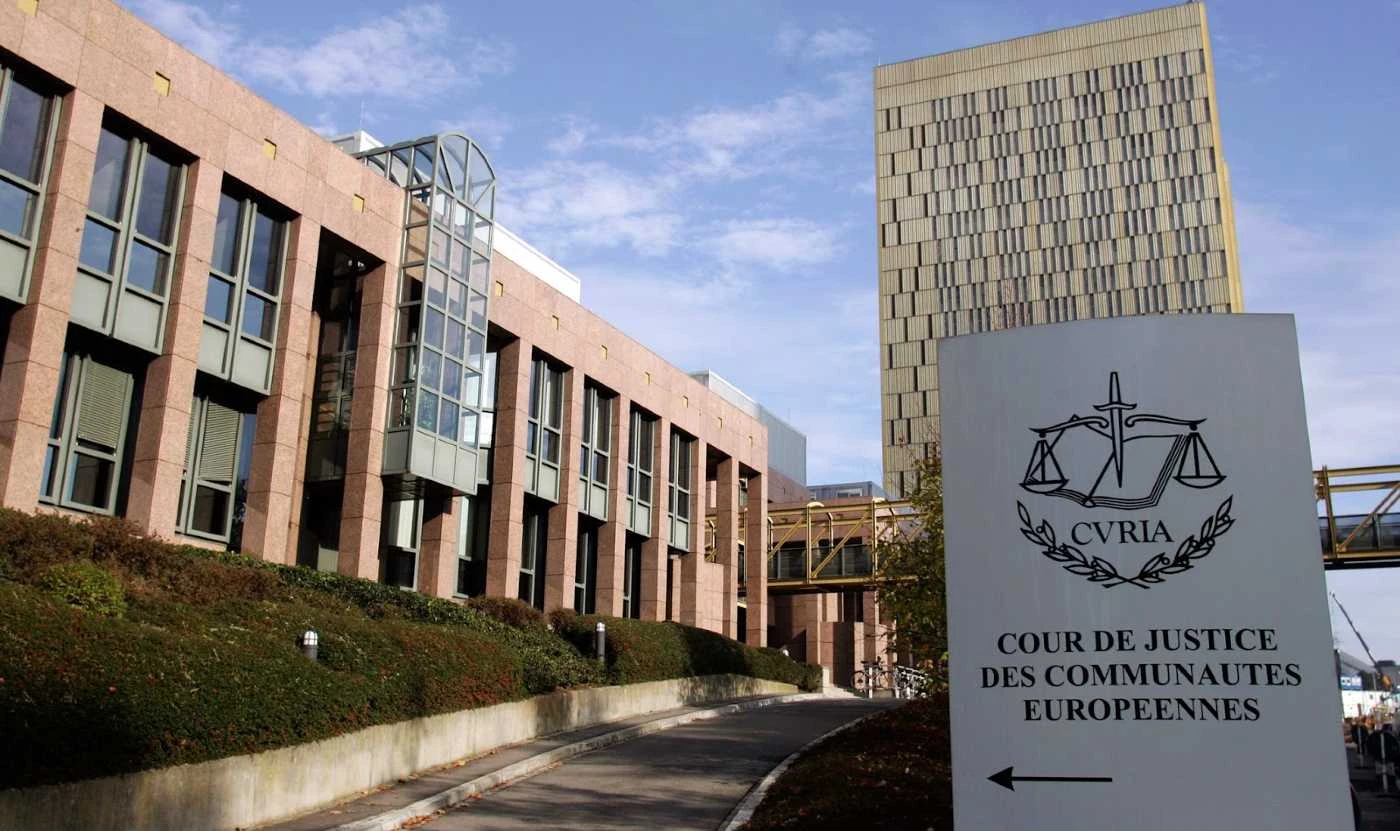The General Court of the European Union has annulled a European Commission ruling blocking a merger between O2 and Three on competition grounds, following an appeal from the latter.
The initial prohibition from 11 May 2016 was on the grounds that reducing the UK cellular market to just three wholesale vendors (Vodafone, EE, and a combined Three and O2 entity) would have stifled competition, thereby harming pricing and quality for consumers.
If the proposed merger concluded, O2 and Three would possess 40 per cent of the mobile market, with EE and Vodafone both sharing the remaining 60 per cent.
The commission also argued that, because the combined entity would be party to both network sharing arrangements between the UK carriers (Mobile Broadband Network Limited and Beacon), it would have knowledge of the infrastructure plans of its two remaining competitors, giving it an unfair advantage.
In overturning this, the General Court today argued that the original decision was “vitiated by several errors of law and assessment”.
“As regards the classification of Three as an ‘important competitive force’, the Court finds that the Commission erred in considering that an ‘important competitive force’ need not necessarily stand out from its competitors in terms of its impact on competition. If that were the case, that position would allow it to treat as an ‘important competitive force’ any undertaking in an oligopolistic market exerting competitive pressure.
In addition, as regards the assessment of the closeness of competition, the Court finds that, although the Commission established that Three and O2 are relatively close competitors in some of the segments of a market, that factor alone is not sufficient to prove the elimination of the important competitive constraints which the parties to the concentration exerted upon each other and therefore to establish a significant impediment to effective competition.
Of course, these issues took so long to be resolved that it’s really a bit of a moot point, as earlier this month, O2 formally announced plans to merge with Virgin Media.
This deal is far less likely to attract regulatory scrutiny than Three’s abortive merger with O2, due to the differing nature of these businesses.
In a statement, Three parent CK Hutchison Holdings Limited welcomed today’s ruling:
CK Hutchison welcomes today’s judgment by the General Court of the European Court of Justice upholding the Group’s appeal against and annulling the European Commission’s decision in 2016 to prohibit the merger between Three UK and O2 UK.
In our appeal, we argued that the Commission’s approach to reviewing the proposed merger, and European telecoms mergers more broadly, was guided by a misconceived default view that European telecoms markets are better served by having a minimum of four Mobile Network Operators in each EU Member State.
This approach ignores market realities, the clear evidence of successful market consolidation in Europe and across the world as well as the very significant efficiencies in terms of increased investment, network improvements and consumer benefits that can be achieved from mobile mergers.
The Commission’s approach has unfortunately acted as a brake on, or in a number of cases prevented, vital industry consolidation in Europe which would have resulted in significant new investment, innovation and benefits for European consumers and industry.
Following the Court’s findings, the Commission will need to fundamentally revisit its approach to merger reviews in this key sector.
We will study the General Court’s complex judgment in detail and comment more extensively as appropriate in due course.



